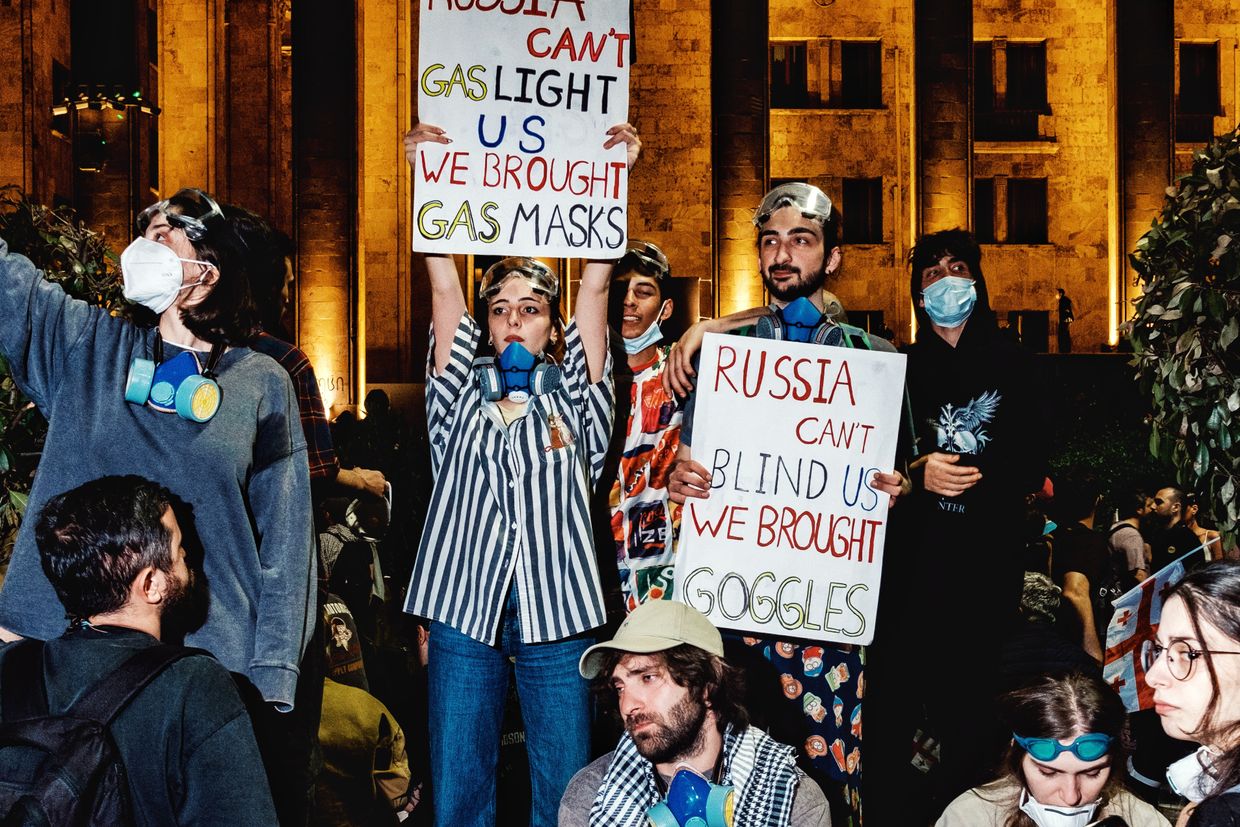US imposes 'first tranche' of sanctions against Georgian officials

The U.S. implemented the "first tranche" of sanctions against Georgian government officials on June 6, State Department spokesperson Matthew Miller announced.
The initial round of sanctions entailed travel bans on "dozens" of individuals, including members of the ruling Georgian Dream party, other members of parliament, law enforcement, and other private citizens, Miller said. The travel bans will extend to the family members of the unnamed individuals.
The announcement came two weeks after Secretary of State Antony Blinken initially said that a visa restriction policy would enacted in targeting individuals "responsible for or complicit in undermining democracy in Georgia."
Concerns about Georgia's democracy have reached a fever pitch after the ruling Georgian Dream party passed the foreign agents law, which requires organizations that receive foreign funding to be labeled as "foreign agents" and mirrors repressive Russian legislation used to crack down on Kremlin regime critics.
The controversial legislation sparked large-scale protests in the country, which escalated to violent incidents as police officers tried to quell the demonstrations with water cannons and rubber bullets.
Miller emphasized that the new travel bans were just a preliminary step, adding that "there is still time for the Georgian government to reverse a trajectory that it's on."
When asked if there would be other measures should the Georgian government continue on its path, Miller said that the U.S. is "prepared to impose additional sanctions and will take all other steps as appropriate."
"Our policy depends on the policy that Georgia undertakes."
Just three days before, Kakha Kaladze, mayor of Tbilisi and secretary general of Georgian Dream, said that he was "confident" there would be no sanctions.
"I do not expect that anyone will be sanctioned either because we have done nothing to be subjected to sanctions," Kaladze said.
Miller said that he was prohibited by law from naming those on the sanctions list, but said that the sanctioned individuals would find out if they tried to apply for a visa or if a visa application was already in progress.
Several EU countries are reportedly pushing for sanctions against Georgia over the law, including suspension of the visa-free travel regime. Some European Parliament members also called to suspend Georgia's EU candidacy in response.













